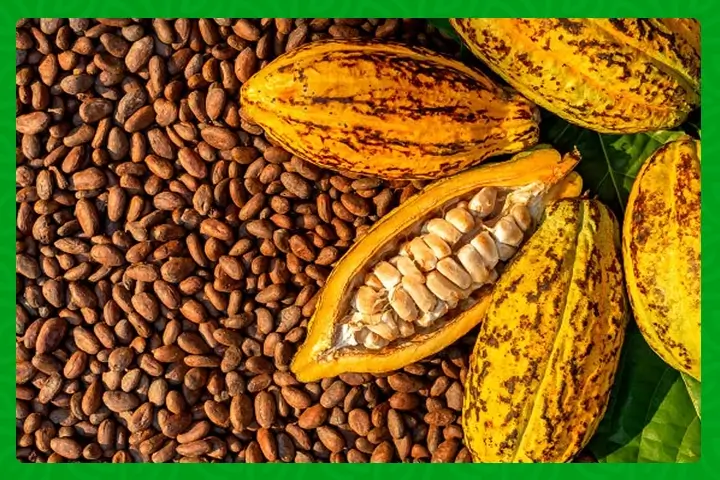
Ghana’s cocoa industry, a vital pillar of its economy, is facing significant turbulence. The nation, second only to Ivory Coast in global cocoa production, saw a marked decline in cocoa purchases in December 2024. This downturn, driven by payment delays from the state marketing board and a tightening financing environment, has raised alarms about potential smuggling increases. This article explores the current challenges in Ghana’s cocoa sector and the implications for farmers, exporters, and the global market.
Payment Delays and Financing Crunch
The recent presidential election on December 7, 2024, which brought opposition candidate John Dramani Mahama back to power, disrupted the traditional flow of cocoa transactions. Ghana’s marketing board, Cocobod, had implemented a new marketing system this season, moving away from a model that had been in place for over three decades. This system required global traders and buyers to finance and purchase most of the cocoa crop, with reimbursement from Cocobod upon delivery.
However, the election and the uncertainty it brought led to delays in payments from Cocobod and increased caution from banks in lending to licensed cocoa buyers (LBCs). An LBC management executive revealed that their company had to reduce cocoa purchase financing due to these delayed payments. He stated, “Banks have also been hesitant to release funds.”
Despite Cocobod’s denial of any widespread payment issues, asserting that only occasional operational challenges cause minor delays, the impact on farmers is palpable. Particularly in remote rural areas, farmers have reported significant delays in receiving payments, resulting in financial strain and mounting frustrations.
Impact on Farmers and Potential Smuggling
The delayed payments are severely affecting farmers, especially those in isolated regions. A district officer for a leading LBC indicated that purchasing clerks credited him with 2,000 bags of cocoa beans, yet he lacked the funds to pay farmers due to financing delays from his head office.
This situation has led to unsold stock accumulating on farms, exacerbated by the growing disparity between Ghana’s official farmgate price and the higher global spot prices. The resulting frustration and economic pressure on farmers increase the risk of smuggling. In the previous season, Ghana lost more than a third of its cocoa output to smuggling, with much of it being transported through neighboring Togo, where cocoa regulations are less stringent.
Record Global Cocoa Prices and Market Recovery
Globally, cocoa prices have surged to record highs over the past year, influenced by poor harvests in both Ivory Coast and Ghana, the world’s largest producers. While there has been some recovery in the 2024/25 crop season, fears of supply disruptions continue to loom.
The combination of global market pressures and local financial hurdles poses a dual threat to Ghana’s cocoa industry. The reduced liquidity and delayed payments undermine farmers’ ability to sell their beans at fair prices, pushing them toward unofficial channels.
The decline in cocoa purchases in Ghana amid election-related payment delays and a financing crunch underscores the fragile balance in the nation’s cocoa sector. As global cocoa prices soar and local production faces logistical and financial bottlenecks, the risk of increased smuggling grows. Addressing these payment delays and stabilizing financing for cocoa buyers is crucial to safeguarding the livelihoods of Ghanaian farmers and maintaining the integrity of the country’s cocoa industry.
Stay updated with the latest farming tips and agriculture industry news from Africa by subscribing to our newsletter. Don’t miss out on valuable insights and updates. Follow us on Twitter, LinkedIn, and Facebook to join our farming community and stay connected with us.


















